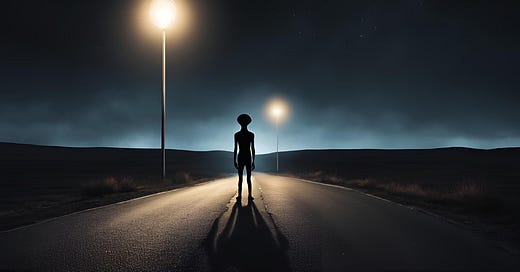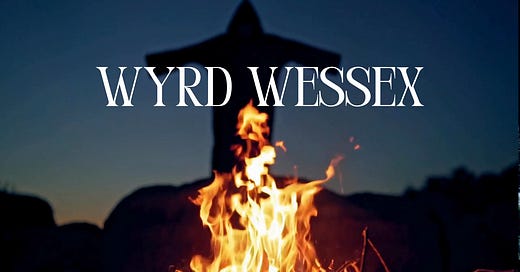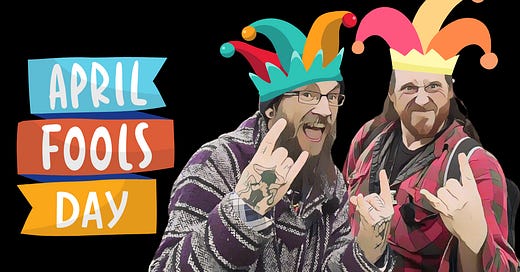
The Welsh Triangle. A name whispered with a mix of awe and dread, a region in Wales known for its strange occurrences and unexplained phenomena. It's within this enigmatic landscape, in the town of Haverford West, that G.L. Davis's disturbing book, Harvest, unfolds, a tale so chilling it reportedly drove the author to early retirement. Harvest recounts the harrowing experiences of Susan (a pseudonym), a young woman whose life was irrevocably shattered by encounters that defy easy explanation, blurring the lines between reality, nightmare, and something far more sinister.
Susan's nightmare began in 2009 at a remote farmhouse, a gathering of friends that took a terrifying turn. A seemingly ordinary power outage was followed by the appearance of strange lights in the sky. These unexplained events were just the prelude to a night of lost time, a period Susan couldn't account for, and the mysterious disappearance of her friend's dog, Lenny. This night marked the opening of a doorway to a terrifying reality that would haunt Susan for years to come.
In the aftermath of the farmhouse incident, Susan's life began to unravel. She experienced a range of disturbing physical symptoms: persistent nausea, inflamed eyes, and frequent nosebleeds. But the most terrifying consequence was the onset of recurring nightmares, vivid and visceral experiences that felt more real than sleep. These weren't just bad dreams; they were journeys into a terrifying world, populated by shadowy figures, filled with apocalyptic imagery, and permeated by an overwhelming sense of dread. In one particularly disturbing dream, she encountered her deceased grandmother in a bar, a moment of seeming comfort that quickly dissolved into something ominous, hinting at a deeper, more sinister connection.
As the nightmares continued, a chilling theme emerged: harvest. Susan began to dream of a blood-red landscape, populated by other naked figures, all moving with a sense of purpose towards an unknown destination. She came to believe that these entities were not just observing humanity, but actively harvesting them, exploiting their vulnerability during sleep to manipulate time, space, and their very minds. This "harvest" theme became central to Susan's narrative, a terrifying explanation for the inexplicable horrors she was enduring.
The intrusions weren't confined to Susan's dreams. Her waking hours were also plagued by unsettling events. Strange lights would appear in the sky, defying conventional explanations. Disturbing phone calls, filled with static and strange clicking noises, would interrupt her daily life. And then there was the chilling encounter with a creature outside her apartment, a figure cloaked in red, its presence both menacing and otherworldly. These experiences blurred the boundaries between dream and reality, leaving Susan questioning her sanity and fearing for her life. One particularly disturbing encounter involved a jellyfish-like creature hovering over her sleeping aunt, its tendrils probing and invasive, a scene that solidified Susan's fear that she and her loved ones were being targeted.
The culmination of Susan's ordeal came in the form of a terrifying abduction. While driving, she was pulled into the red landscape, no longer a dream but a terrifying reality. She found herself among a group of women, all seemingly chosen for some unknown purpose. They were herded into a vast, cathedral-like room, where they were subjected to horrific procedures. The details are graphic and disturbing, involving medical experimentation, exploitation, and a chilling disregard for human life.
Susan was eventually returned to the real world, but the trauma of her experience remained. She was left to grapple with the memories of what she had endured, the fear that it could happen again, and the chilling realization that she was not alone. The author, Gavin, who meticulously documented Susan's story, was deeply affected by what he had heard. He wrestled with the implications of her experiences, the possibility that they were true, and the sheer horror of what she described. Ultimately, he chose to share Susan's story with the world, a story so disturbing that he vowed it would be his last.
Our Thoughts:
As we explored Susan's story, we found ourselves grappling with the same questions that plagued Gavin. Is this a genuine account of alien abduction? Is it a product of psychological trauma, a manifestation of deep-seated fears and anxieties? Or is it a complex tapestry woven from both, filtered through the lens of the unknown?
Initially, the narrative felt like a work of fiction, too fantastical to be believed. But the consistency of Susan's experiences, the echoes of her encounters in online forums, and the sheer disturbing nature of her story gave us pause. We considered the possibility of sleep paralysis, a common explanation for such experiences, but Susan's narrative went far beyond that.
The "harvest" theme is particularly chilling. While it could be interpreted as a metaphor for human exploitation, it also aligns with themes found in other abduction narratives. The idea of humans being used as a resource, whether for their organs, fluids, or reproductive capabilities, is deeply unsettling.
We also pondered the role of the author. Did he exploit Susan's trauma for the sake of a sensational book? Or did he genuinely believe her, or at least believe the power of her conviction was compelling enough to share her story? His decision to retire after writing Harvest suggests the profound impact the story had on him.
The connection to the Welsh Triangle adds another layer of intrigue. This region's long history of unexplained phenomena casts a shadow over Susan's experiences, suggesting they might be part of a larger, more complex mystery.
Ultimately, we are left with more questions than answers. Susan's story is a chilling reminder of the vast unknown that surrounds us, the mysteries that lie just beyond our understanding. Whether it's alien abduction, psychological trauma, or something else entirely, Harvest forces us to confront our deepest fears and question the very nature of reality. And as we continue to explore these enigmatic realms, one thing remains clear: don't blame the owls.
Become a paid subscriber to listen to the full episode we did on ‘Harvest’ here










